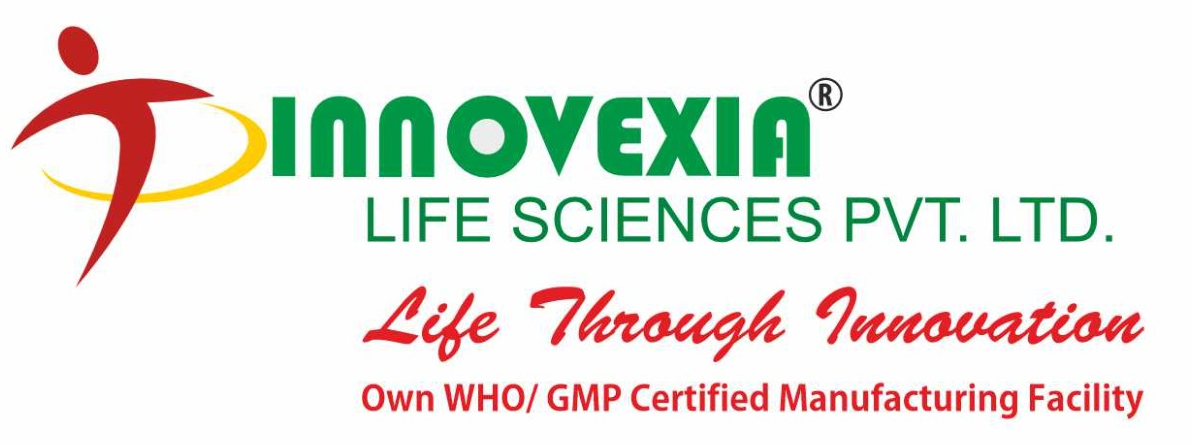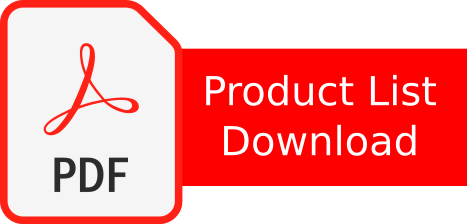What is a DL in pharma franchise business ? In the context of the pharmaceutical industry in India, “DL” refers to a “Drug License.” A Drug License is a legal authorization or permit issued by the respective State Drug Control Authority that allows an individual, entity, or establishment to engage in activities related to the sale, distribution, storage, and trade of pharmaceutical drugs and medicines.
The Drug License is a crucial document for any business involved in pharmaceutical activities, including pharmacies, pharmaceutical wholesalers, retailers, manufacturers, and even businesses engaged in the distribution of medical devices and cosmetics.
There are different types of Drug Licenses based on the nature and scale of the pharmaceutical activities:
- Retail Drug License: This license is required for businesses involved in the retail sale of pharmaceutical drugs and medicines to end consumers. Pharmacies, chemist shops, and other retail outlets that directly serve customers fall under this category.
- Wholesale Drug License: Businesses engaged in the wholesale distribution of pharmaceutical drugs and medicines to retailers, hospitals, clinics, and other institutions require a Wholesale Drug License.
- Manufacturing Drug License: For pharmaceutical companies involved in the manufacturing of drugs, a separate Manufacturing Drug License is needed. This license is granted by the Central Drugs Standard Control Organization (CDSCO) for the manufacture of specified categories of drugs.
- Import Drug License: For businesses engaged in the import of pharmaceutical drugs and medicines, an Import Drug License is required. This license is issued by the CDSCO.
The Drug License ensures that the businesses adhere to the regulations and standards outlined in the Drugs and Cosmetics Act, 1940, and the Drugs and Cosmetics Rules, 1945. It also ensures the quality, safety, and authenticity of pharmaceutical products, thereby safeguarding public health.
To obtain a Drug License, applicants need to fulfill specific requirements, including providing documentation related to business ownership, premises, storage facilities, qualifications of personnel, and compliance with relevant laws. The process involves inspections and verification by Drug Inspectors to ensure that the premises and operations meet the necessary standards.
In summary, a Drug License is a legal permit issued by the regulatory authorities that authorizes businesses and individuals to undertake various pharmaceutical activities while adhering to established regulations and guidelines.
How to get DL for starting pharma franchise business ?
Getting a Drug License (DL) is a crucial step in starting a pharma franchise business in India. The Drug License is a legal requirement that authorizes you to engage in the sale, distribution, and storage of pharmaceutical products. Here’s a step-by-step guide on how to obtain a Drug License for your pharma franchise business:
1. Determine the Type of Drug License You Need: There are different types of drug licenses based on the nature and scale of your business. The two main categories are:
- Retail Drug License: If you plan to sell medicines to the end consumers.
- Wholesale Drug License: If you plan to distribute medicines to retailers, hospitals, and clinics.
2. Contact the State Drug Control Office: Contact the respective State Drug Control Office in your state for information on the specific requirements and documentation needed for obtaining the Drug License.
3. Prepare Required Documents: The documents required may vary slightly from state to state, but typically include:
- Application Form (usually Form 19 or Form 19A, depending on the type of license)
- Proof of business ownership (e.g., partnership deed, Memorandum of Association)
- Identity and address proof of the proprietor/partner/director
- Site plan of premises (layout and dimensions)
- Rent agreement or property ownership documents
- Affidavit stating compliance with Drugs and Cosmetics Act
- Proof of qualification of the person responsible for the premises (Registered Pharmacist)
- Declaration of the non-conviction of any offense involving a moral turpitude
4. Arrange for Premises Inspection: Your premises will be inspected by a Drug Inspector to ensure compliance with the requirements of the Drugs and Cosmetics Act. The premises should be well-equipped, have proper storage facilities, and adhere to safety and hygiene standards.
5. Submit the Application: Complete the application form and attach all the required documents. Submit the application along with the prescribed fees to the State Drug Control Office.
6. Application Processing and Verification: The Drug Control Office will process your application and conduct a thorough verification of the provided information and premises.
7. Inspection by Drug Inspector: A Drug Inspector will visit your premises to inspect and assess whether it meets the necessary standards for drug storage and distribution.
8. Issuance of Drug License: Once your application is approved and your premises are deemed compliant, the Drug License will be issued to you.
9. Display the Drug License: After receiving the Drug License, make sure to display it prominently at your business premises as required by law.
It’s important to note that the process and requirements might differ slightly from state to state, so it’s recommended to contact the State Drug Control Office in your specific state for accurate and up-to-date information.
Starting a pharmaceutical franchise business involves several legal and regulatory aspects, including obtaining the Drug License. Ensuring compliance with all relevant regulations and guidelines will help you establish a legitimate and successful venture in the pharmaceutical industry.

